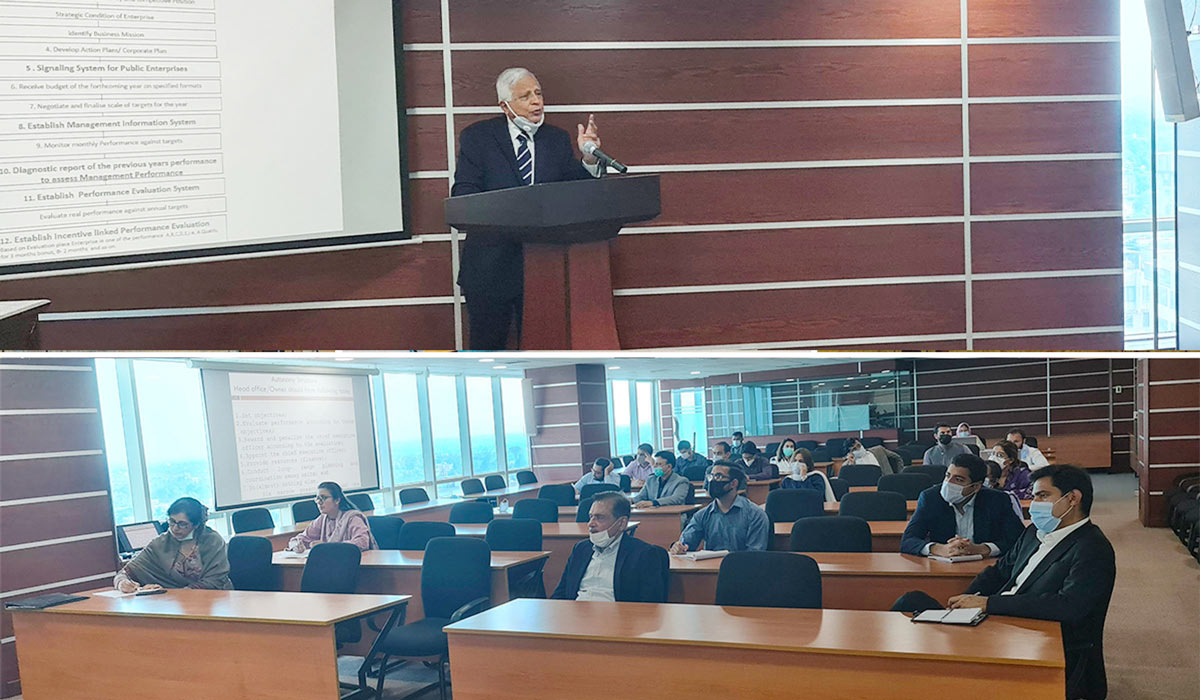Event Detail



Mr. Mehdi said that State-owned Enterprises (SOEs) in Pakistan have been underperforming due to their multiple objectives and plural controls. To address this issue, the government needs to provide SOEs with an efficient autonomous structure and an incentive-linked performance evaluation system. The government can take six steps to jump-start this reform, including designating an officer-in-charge to coordinate and implement the initiatives, identifying non-government experts, forming a Committee on Reform of State-Owned Assets (Corsoa), deciding on a new institutional arrangement for SOEs, preparing a concise profile of each SOE, and evolving a framework for managing both SOEs and a supervisory organization.
By implementing these steps, the government can initiate a process that will lead to better performance in SOE management. This is urgently needed given the fiscal crisis and short timeframe announced by the new government. With an efficient autonomous structure and an incentive-linked performance evaluation system, SOEs can achieve their financial and socio-economic objectives while meeting the demands of multiple stakeholders. A successful performance evaluation system has been proven effective in Pakistan and other countries, and it is a priority for the government to design and implement one.
Overall, the government needs to reform the SOE sector in Pakistan to improve its performance. The proposed six-point outline can serve as a broad framework for constructing a desirable autonomy structure for the public enterprise sector.
On this occasion, the Chairperson expressed gratitude and conveyed appreciation to Mr. Mehdi for taking the time to deliver his insightful presentation.

© CCP 2024, Competition Commission of Pakistan ©All rights reserved